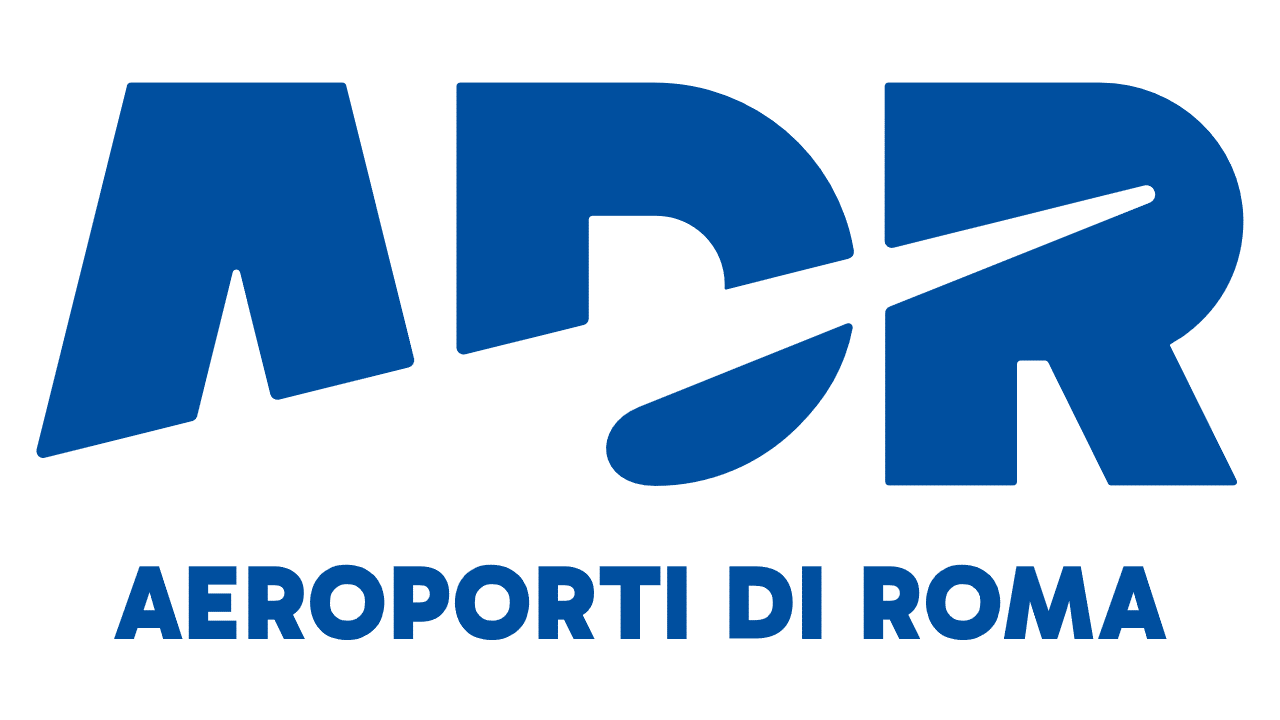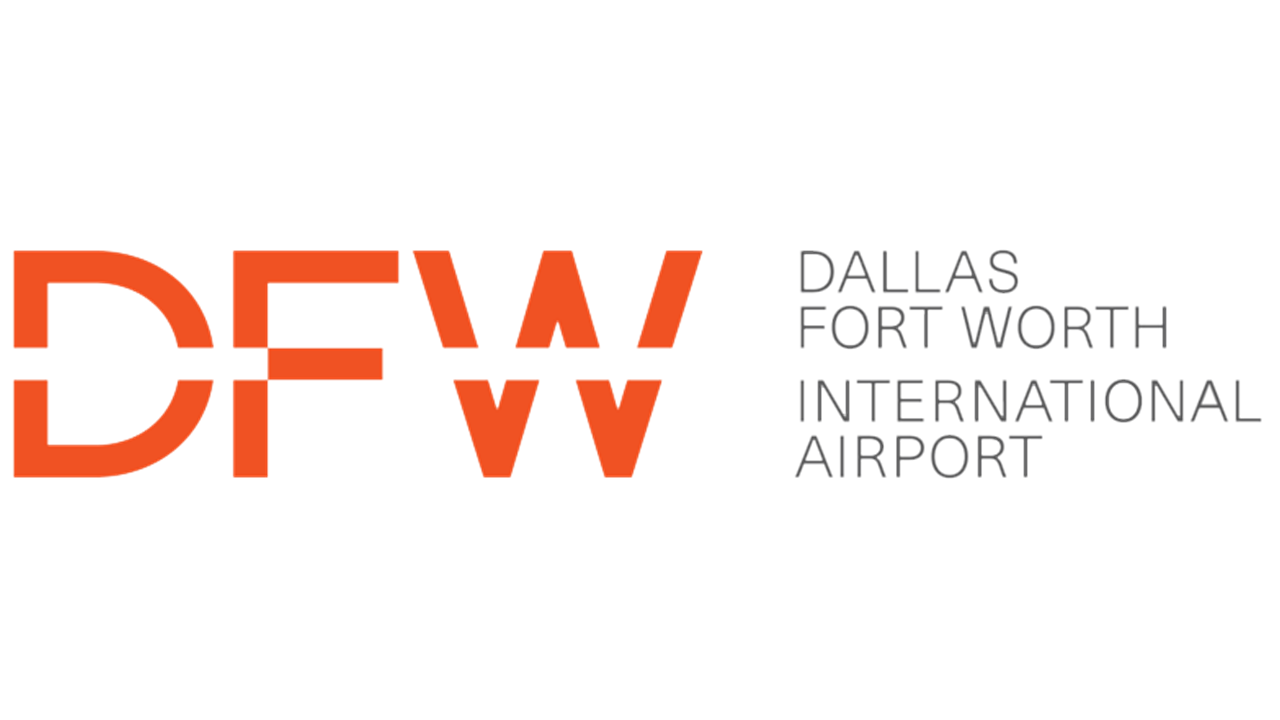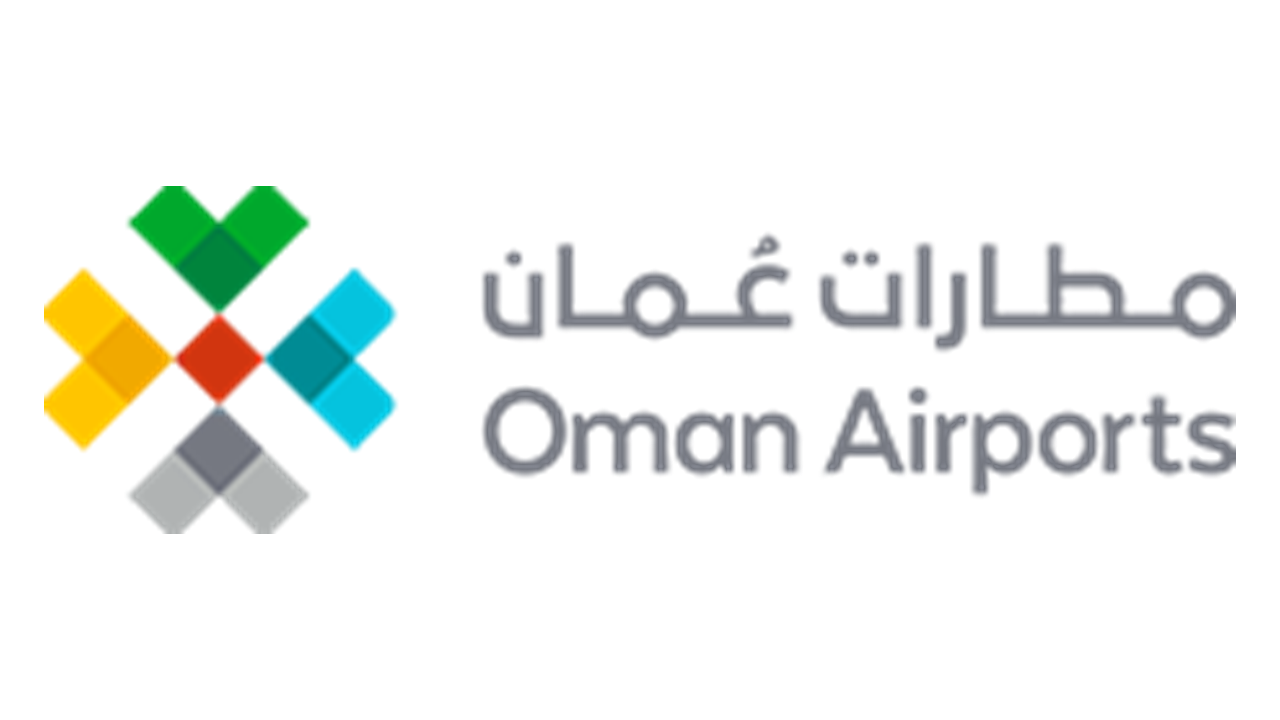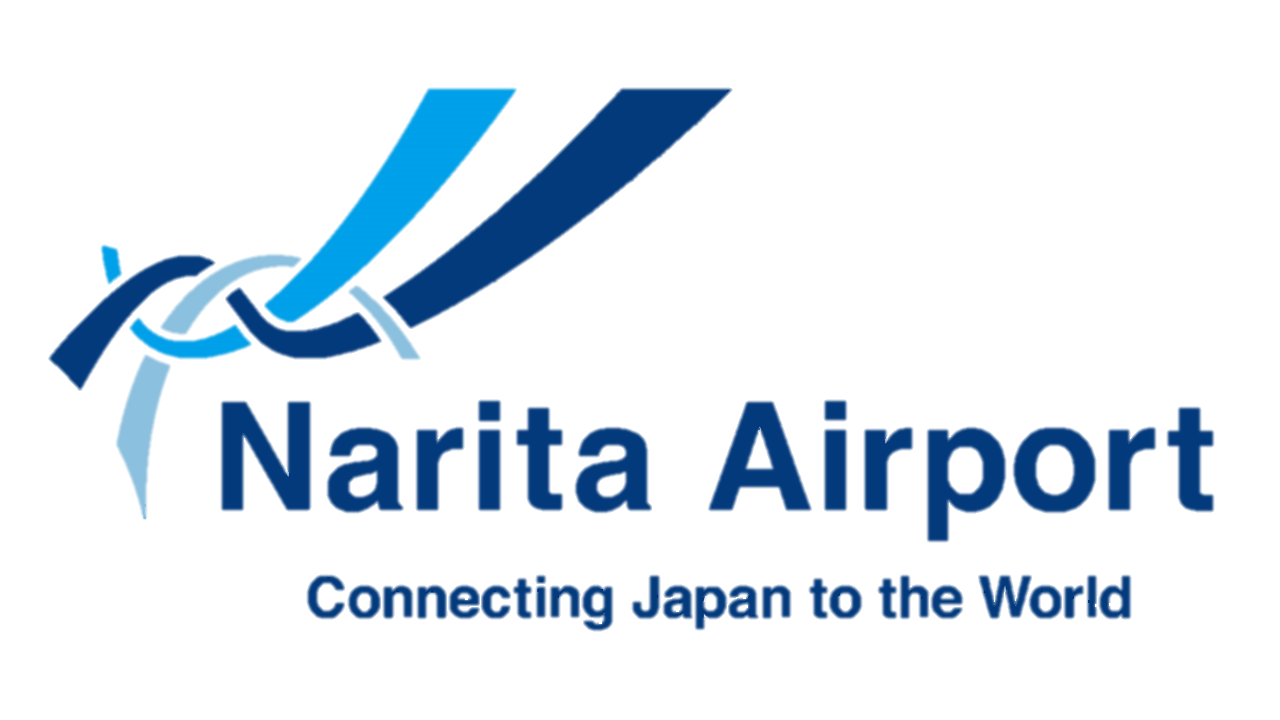Airports for Innovation - AEROPORTI DI ROMA
Airports for innovation
Airports for innovation is a network of global airports that share a common goal: To promote innovation and startups, redefine and improve the passenger experience with a more sustainable and innovative approach.

More than 800 million passengers are managed by the network and consequently involved in common innovative solutions.
Airports for innovation aims to:
Design innovative solutions.
Propose and test innovative services and startups that could be standardized and extended to other airports and adopted by the broader aviation community in the long run.
Support that could help redefine business growth with more sustainable and innovative approach.
More than 800 million passengers are managed by the network and consequently involved in common innovative solutions.
Airports for innovation aims to:
Design innovative solutions.
Propose and test innovative services and startups that could be standardized and extended to other airports and adopted by the broader aviation community in the long run.
Support that could help redefine business growth with more sustainable and innovative approach.

Network Airports 4 Innovation
Over the months, these airports have joined the network:

Aeroporti di Roma, a Mundys Group company, develops and manages an efficient, internationally leading airport system, guaranteeing excellence in the quality and security of the ser vices provided to respond effectively to increased traffic volumes. The Rome Airport System comprises two airports: “Fiumicino Leonardo da Vinci” (FCO) and “Ciampino Giovan Battista Pastine” (CIA). Aeroporti di Roma is the first and only airport in Italy to be awarded the 5-star Skytrax rating.

Aena is the first airport operator by number of passengers in the world, managing 80 worldwide. We have 46 airports and 2 heliports in Spain, London Luton in the UK, 17 airports in Brazil and we participate in the management of 12 airports in Mexico, 2 in Colombia and 2 in Jamaica. In 2022, more than 341 million of passegners passed through our airports in Spain

Athens International Airport (AIA) was established in 1996 as a Public-Private Partnership with a 50-year concession agreement. With a corporate goal to create sustainable value to all stakeholders by offering value-for money services, AIA has a successful developmental strategy, in both its aeronautical and non-aeronautical sectors. Offering one of the most advanced incentive and marketing support schemes, AIA ensures the sustainability and development of domestic, regional and international traffic, working closely with home carriers and international carriers, legacy airlines and LCCs.

The Aéroports de la Côte d'Azur group operates the Nice Côte d'Azur airport, the second-largest platform in France, and Cannes Mandelieu and Golfe de Saint-Tropez airports. It is number two in Europe for business aviation. The Group’s three airports were the first in France to reach the 4+ Transition level of the ACI's carbon management programme, and the Group is committed to achieving zero CO2 emissions without compensation by 2030.

Dallas Fort Worth International (DFW) Airport warmly welcomes more than 73 million customers along their journey every year, elevating DFW to a status as one of the most frequently visited superhub airports in the world. DFW Airport customers can choose among 193 domestic and 67 international nonstop destinations worldwide. Additionally, 22 cargo airlines provide worldwide freighter service positioning DFW as the ideal cargo gateway to the world.DFW is also elevating the customer experience with modernized facilities and updated amenities.

Vancouver International Airport (YVR) is a diverse global hub that connects people, cargo, data, and ideas and serves as a platform for the community to come together and thrive. YVR has its very own Innovation Hub, a platform that develops, tests and trials new processes and sustainable technologies in collaboration with the community, such as the deployment and continued development of YVR’s Digital Twin Platform. YVR is motivated by supporting regional economic development and making a positive difference in the lives of its passengers, employees and the region through digital modernization, climate leadership, reconciliation, and financial sustainability.

Flughafen München GmbH (FMG), founded in 1949, operates Germany’s second biggest airport along with its subsidiaries. As a "full-service operator", Munich Airport group provides services in every area of airport management. Munich Airport is a premium hub and aims to become a role model for sustainable air traffic throughout the industry.

Dubai Airports manages the development and operation of both of Dubai’s airports – Dubai International (DXB) and Dubai World Central (DWC). As an integrator, Dubai Airports works to balance the interests of all stakeholders to maintain aviation growth, protect operational resilience and ensure that service providers collaborate to provide a safe and secure service and enhance customer experience whilst maintaining a sustainable business.

Since its establishment, Oman Airports has continued to grow at a steady pace towards success and excellence as an influential airport operator and an essential major player on the regional and international scene, thanks to the authentic and unique hospitality heritage in the Middle East.

Narita International Airport Corporation (NAA) has more than 45 years experience of development and operation of Narita International Airport (NRT), one of the World's 5-star hub airports on Skytrax rating. NRT serves the Greater Tokyo Metropolitan area of Japan as an international aviation hub for both passenger and cargo demands, and connects around 120 cities. NRT keeps evolving with innovation to provide an unmatched level of the airport experience and unparalleled efficiency in operations.
Airports Contacts
Discover the professionals who are part of the network
Airports Contacts
Discover the professionals who are part of the network
Asset Publisher
Anna Vasila
Sustainability and Industry Affairs Manager
Athens International Airport
Anne Cecile
Strategy and Sustainable Development Director
Aéroports de la Côte d’Azur



